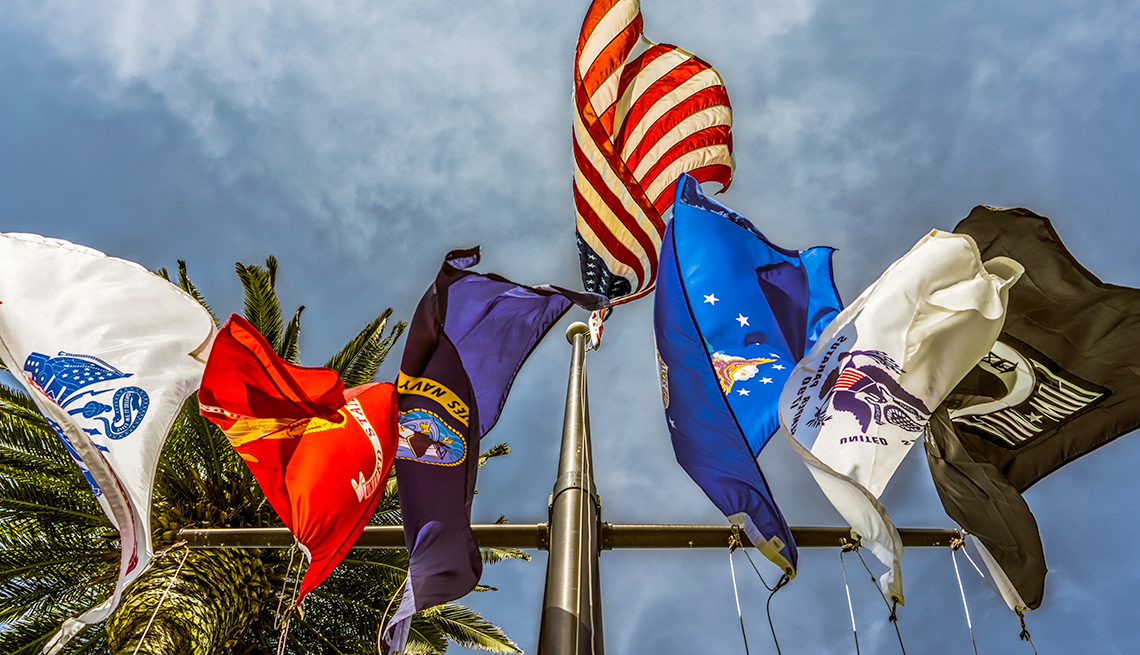Under Fire: Military Veterans and Consumer Fraud
Despite the growing number of studies about fraud, few have addressed fraud that targets our military veterans. This survey was administered to 710 veterans and 588 nonveterans to answer four questions:
- If military veterans are targeted more by consumer scams in the marketplace than nonveterans.
- If veterans are more victimized by consumer scams in the marketplace than nonveterans.
- Which scams are military veterans more likely to encounter?
- Are members of the military who lose money to fraud different from those who do not lose money to fraud?
A key goal of the research is to identify behaviors or other characteristics of military veterans that make them vulnerable to fraud so that educational materials can be developed that will help warn them about how to avoid becoming victimized.
The survey was administered between October 17 and October 31, 2017 to a sample of 600 US military veterans and 588 nonveterans using NORC’s Amerispeak Internet Panel. An additional 152 US military veterans who lost money to consumer fraud completed the survey, using a sample from Survey Sampling International (SSI).
To learn more about the issue and this survey, please contact Doug Shadel at dshadel@aarp.org or Karla Pak at kpak@aarp.org.
Suggested Citation:
Shadel, Doug, and Karla Pak. Under Fire: Military Veterans and Consumer Fraud. Washington DC: AARP Research, November 2017. https://doi.org/10.26419/res.00182.001
Search AARP Research
Enter a keyword below to find answers to your AARP Research questions.
Caregiver Costs
Caregiving Comes with Financial Burdens
In 2016, family caregivers spent on average just under $7,000 per year, or an average 20% of their income, on caregiving expenses.
Find Out More

